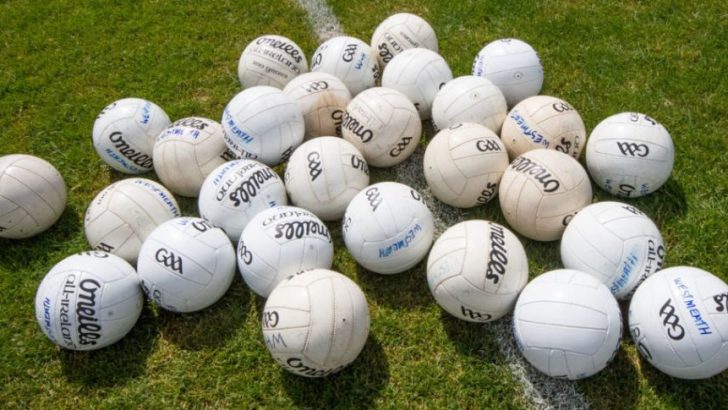State Papers
Secrets of the powers that be
During the late 1980s there was great concern about the role of sport in society and the creation of a National Sports Centre. The government commissioned a special report on the possibilities of developing sport in one of the released files, dealing with the role of sport in the development not of Irish society, but of tourist numbers – a matter which is still very topical. These days the value of anything is measured in its possibility for attracting visitor numbers.
This report from Ernst & Whinney is an interesting document, supported by revealing departmental documents. Though it deals with sport in a national context nowhere is the GAA mentioned or alluded to.
Aristocracy
The GAA it will be recalled had been founded almost exactly a century before, as the GAA itself claims, “to make athletics more accessible to the masses and to revive and nurture traditional, indigenous sports and pastimes. At that time, it was largely only the gentry and aristocracy who were allowed to participate in athletics.”
Based on the parishes of Ireland it proved a vital ingredient in many aspects of the national revival around the turn of the 19th Century. All that is well- known.
Less emphasised is the fact that the GAA was an aspect of an international movement to foster amateur sport in many other countries, culminating eventually in the revival of the Olympic games.
But this was not the sort of ‘sport’ the authors had in mind.
Round Ireland yacht races, Emerald Isle Irish classic of American football, Budweiser Irish Derby – these are the sort of sports they wished to revive.
All of these are either professional sports or the hobbies of the very wealthy.
The report and indeed much government activity in this area since has been to actually discourage local and amateur sport in favour of activities that foster the development of future generations of ‘professional sports stars’, big prize winners, world champions en blé.
The intervention of worldwide television, which through subscription TV rather than public service broadcasting, aims at creating a vast professional industry, especially in soccer.
Nowhere in the report or the attached papers is there any discussion of local sport, sport for fun and pleasure, sport for health and happiness. Everything is seen as part of a drive to increased professionism by players, managers and clubs moving towards the creation of wealth for an elite few.
The present crisis at the FAI grows directly, some would think, from this sort of thinking a generation ago.
In the meantime there has been an appalling increase in obesity and worsening health issues both in children and adults from a failure to take even a minimum of exercise.
Parish level
It has been pointed out in the past that the Gaelic Athletic Association hardly lives up to its name, as it has nothing to do with, say, running, pole vaulting or throwing the javelin (surely and ancient Irish sport if ever there was one). Having once revived the Nation, perhaps it’s now time for the Nation to revive the GAA by insisting it does more for all sport at a parish level.
But the current notion of splitting the FAI into professional and local levels of sport is merely to hive of the wealth generating professionalism, and almost abandon to perpetual poverty the underfunded parish sports – in other words a repetition of earlier errors.


